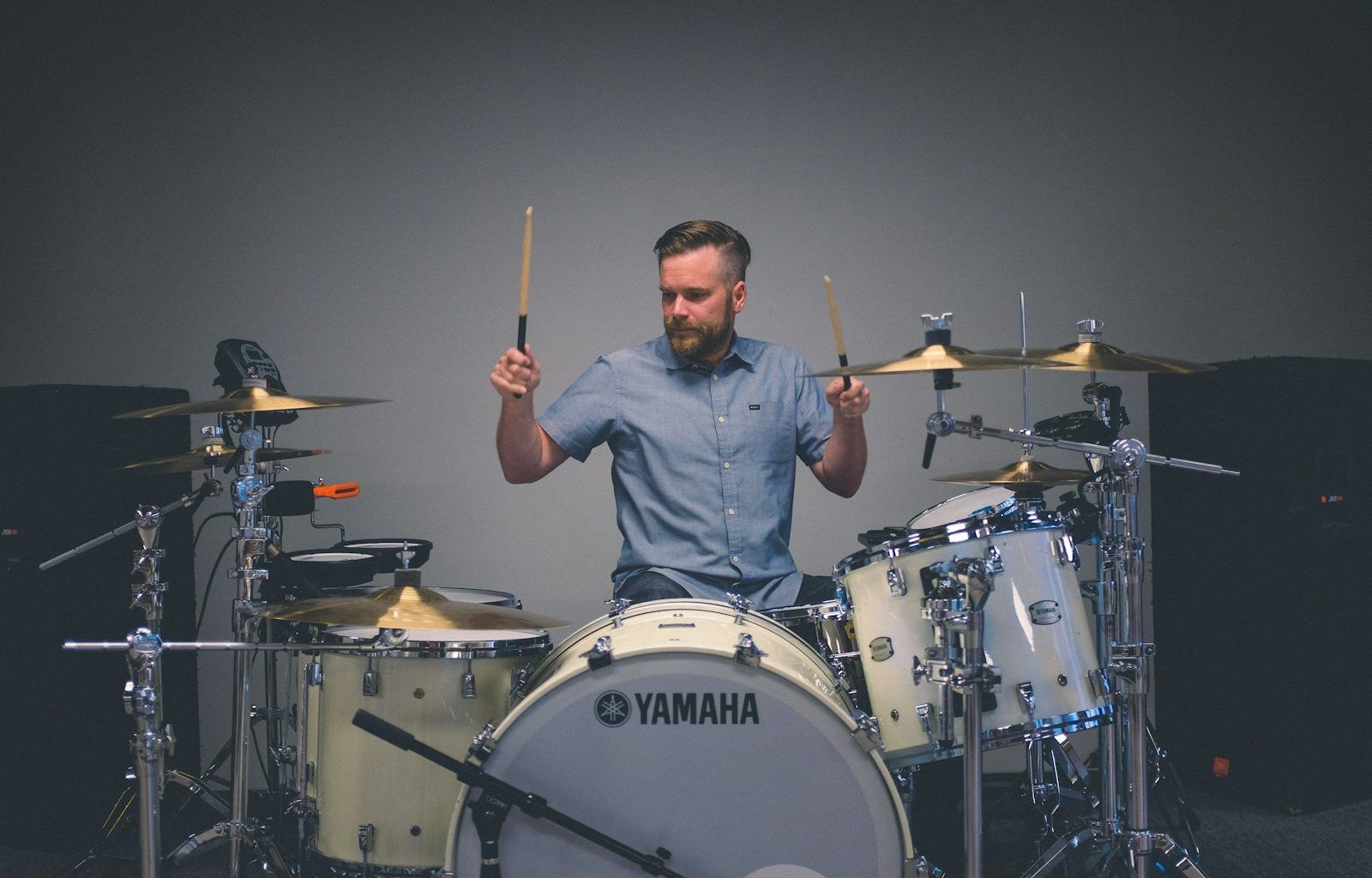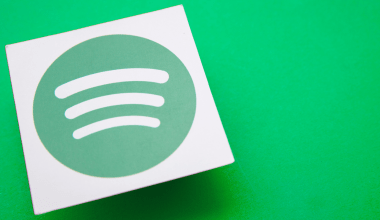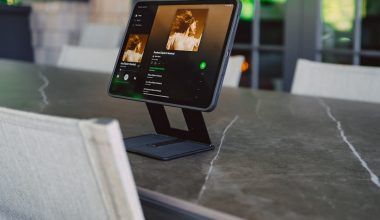A music production course teaches you how to create music from scratch. You’ll learn to record sounds, use software to edit them, mix tracks, and make them sound amazing. Whether you want to make beats, record songs, or understand sound engineering, these courses give you all the skills you need.
Many people think music production is only for experts, but that’s not true. Anyone can learn with the right guidance. These courses are perfect for beginners, budding producers, and even seasoned musicians who want to sharpen their skills.
Why Should You Learn Music Production?
Music production isn’t just for professionals. It’s a skill that can benefit anyone who loves music. Here are some reasons why you should consider learning:
- Turn Ideas Into Reality: Got a tune stuck in your head? Music production helps you turn that idea into a real song.
- Save Money: Instead of hiring producers, learn to produce your own music.
- Explore Creativity: Create beats, mix vocals, or experiment with sound effects. The possibilities are endless.
- Work From Anywhere: Music production is a career you can pursue from home or even while traveling.
- Stay in Control: When you produce your own music, you can shape it exactly how you want.
Types of Music Production Courses
There are many types of music production courses, so you can pick what suits your needs best:
- Online Courses
- Platforms like Udemy, Coursera, and Skillshare let you learn from anywhere.
- They’re usually affordable and have flexible schedules.
- In-Person Classes
- Local music schools or workshops are great if you prefer hands-on learning.
- You get to work directly with teachers and classmates.
- University Programs
- Colleges offer degree programs in sound engineering and music production.
- These are ideal if you want a deep, professional-level understanding.
- Specialized Courses
- Focus on areas like beat-making, sound design, or film scoring.
- Perfect for learning niche skills.
What Will You Learn in a Music Production Course?
Here are some things you’ll learn in most music production courses:
- Using Software (DAWs): DAWs (Digital Audio Workstations) like FL Studio, Ableton Live, and Logic Pro are essential tools for producers. You’ll learn how to use them to make music.
- Sound Recording: Understand how to record high-quality sound using microphones and instruments.
- Mixing and Mastering: Learn how to adjust sound levels, balance tracks, and make your music sound polished and professional.
- Music Theory: Basics like chords, scales, and rhythm are often covered.
- Creative Skills: Explore how to add effects, build beats, and make your tracks unique.
Top Music Production Courses for Beginners and Pros
Here are some of the best courses to start your journey:
- Udemy – Music Production Basics
- Perfect for beginners.
- Learn the basics of using DAWs and creating beats.
- Berklee Online – Music Production Master’s Program
- A professional program for advanced learners.
- Focus on mastering industry-standard techniques.
- Coursera – Music Production Specialization
- A flexible, beginner-friendly course from Berklee College of Music.
- Covers everything from recording to mixing.
- Skillshare – Learn FL Studio for Beginners
- Great for those who want to focus on a specific software.
- Teaches beat-making and sound design.
- Point Blank Music School – Electronic Music Production
- Ideal for aspiring DJs and electronic music producers.
- Learn to create tracks that make people dance!
How to Choose the Right Music Production Course
Picking the right course can feel overwhelming. Here are some tips:
- Know Your Goals: Are you looking to learn basics or dive deep into mixing? Pick a course that matches your goal.
- Check Reviews: Read reviews or watch videos about the course.
- Look at the Curriculum: Make sure it covers the topics you’re interested in.
- Budget Wisely: Compare prices and decide what works best for you. Many great courses are affordable.
- Free vs Paid: Free courses are good for beginners, but paid ones usually offer more depth.
Tools You Need for Music Production
Before starting a course, you’ll need some basic tools. Don’t worry—they’re not as expensive as you might think.
- Laptop/PC: Any computer with decent specs can handle basic music production.
- DAW (Digital Audio Workstation): Software like FL Studio or Ableton Live is essential.
- MIDI Keyboard: Helps you create melodies and beats.
- Headphones: A good pair of studio headphones ensures you hear every detail.
- Audio Interface: Lets you connect microphones and instruments to your computer.
Benefits of Learning Music Production
Still not convinced? Here are some great benefits of learning music production:
- Make Money: You can sell your beats, produce music for others, or license your tracks.
- Be Independent: You won’t need to rely on others to produce your music.
- Collaborate Globally: Work with artists from around the world through online platforms.
- Turn Hobby into Career: Many producers started as hobbyists. You can, too!
- Improve Your Art: Whether you’re a singer or instrumentalist, knowing production will make your music better.
Beginner-Friendly Tips for Music Production
- Start Simple: Focus on mastering one DAW before exploring others.
- Practice Regularly: Spend time every day experimenting with sounds and beats.
- Watch Tutorials: Platforms like YouTube are gold mines for free tutorials.
- Join Communities: Forums and Facebook groups can help you learn and network.
- Experiment: Don’t be afraid to try new things. Creativity is key in music production.
Career Opportunities After Learning Music Production
Once you complete a music production course, many doors open for you:
- Music Producer: Work with artists to create hit songs.
- Sound Engineer: Handle technical aspects of recording in studios or live shows.
- Beatmaker: Create beats for rappers and singers.
- Film/TV Composer: Make music for movies, ads, or games.
- DJ: Use your production skills to perform live.
- YouTuber: Create and share your tracks, tutorials, or reviews online.
FAQs About Music Production Courses
1. Do I need expensive equipment to start?
No. Start with free software and upgrade as you learn.
2. How long does it take to learn music production?
It depends on your pace. A basic course might take a few weeks, but mastering the art takes years of practice.
3. Can I learn music production for free?
Yes, platforms like YouTube and free DAWs like GarageBand are great for beginners.
Conclusion: Start Your Music Journey Today
Learning music production can change your life. Whether it’s a hobby or a career goal, it’s a skill that lets you express yourself and connect with others. Start with a beginner-friendly course, practice regularly, and explore your creativity. With time, you’ll be producing tracks that you’re proud of!
Related Articles:
For further reading, explore these related articles:
- Mastering Music Theory Basics: An Easy Guide for Beginners
- EDM Producers to Follow: Discover the Artists Shaping the Future of Music
For additional resources on music marketing and distribution, visit DMT RECORDS PRIVATE LIMITED.






